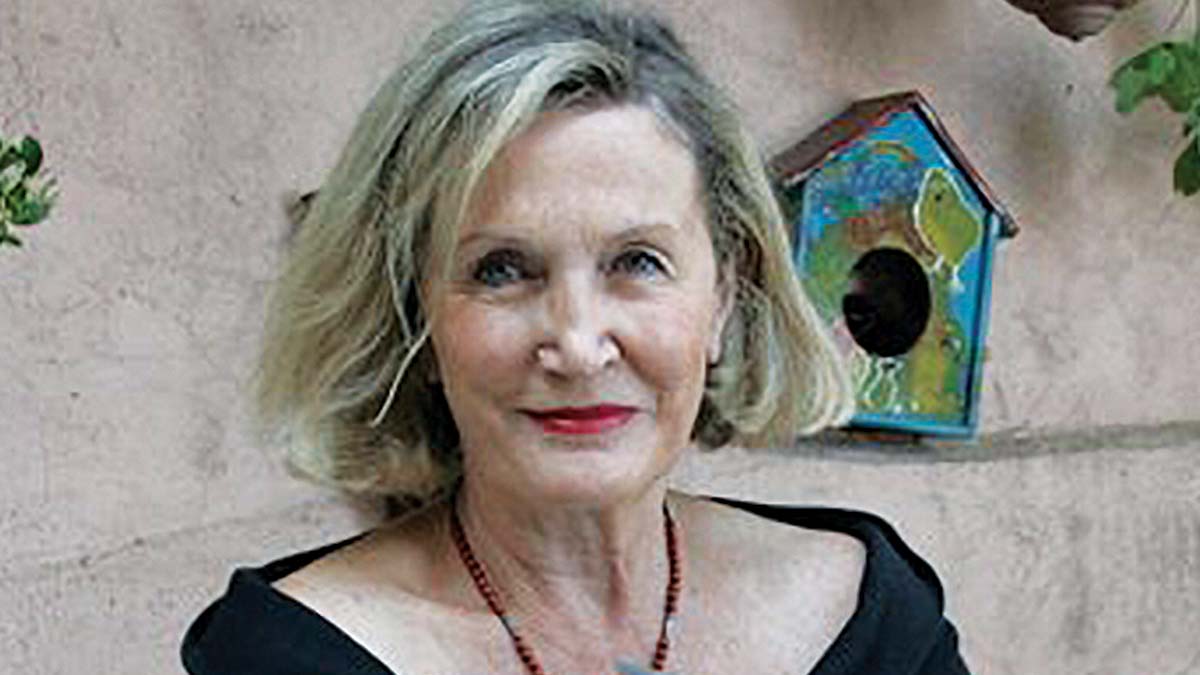AS I SEE IT
MARIANNE HERON
Judgemental attitudes to unmarried mothers are at the heart of the Gaiety Theatre’s adaptation of Brinsley MacNamara’s novel ‘The Valley Of The Squinting Windows’ brilliantly staged earlier this month. When published in 1918 the book caused outrage and it was publicly burned. Times have certainly changed, I thought after the performance – or have they?
The stigma that drove unmarried women to Mother & Baby homes or to Britain has gone and in years of covering feminist issues I saw a raft of legislation dealing with women’s rights from unmarried mother’s allowance to equal pay. But one thing remains obstinately unaltered. Reports of sexual violence shock us almost daily, continuing like a virulent epidemic, despite the way that society has changed and consciousness-raising with disclosures like the ‘Me Too campaign.
A Central Statistics Office survey in 2022 found that 40% of adults suffered sexual violence from harassment to non-consensual sex, with 52% of women and 28% of men affected. And the figures for sexual violence keep climbing. The Garda crime figures for 2022 show that rape and sexual assault were up 13% and 18% on 2019.
What can be done to turn the tide in this continuing, horrific abuse?
The first adverts aimed at driving change around sexual consent aired last week on national radio. Part of a three-year campaign led by the Dublin Rape Crisis Centre (DRCC) and the Community Foundation’ We- Consent’ is supported by the Department of Justice. A conversation around consent is long overdue, believes Sarah Monaghan, Consent Project Manager at DRCC.
“Historically the level of silence and shame around everything related to sex has been deafening and everyone, particularly women, have suffered as a result. People of all ages have something to learn when it comes to consent whether they have been dating for four months or married for 40 years as our wants and needs will change through life. The traditional perception is that men pursue sex and women grant or don’t grant permission. We believe this does all parties a disservice.”
Research by the DRCC found that there was a good deal of misunderstanding about consent. So how is it defined? Basically, it is about agreement to engage in sexual activity between equal partners: “Rather than one person trying to ‘get something off the other,” says Sarah Monaghan. It’s also about recognising that consent is founded in respect between partners and it shouldn’t be assumed, and can’t be given where there is manipulation or threats, or happen when someone is drunk or asleep.
There are a lot of stereotypes that cloud issues about sexual relationships and can prevent survivors of sexual violence being believed. There are toxic, sexist attitudes of the type that emerged during the 2018 Belfast rape trial and judgmental attitudes towards women about being teases or “asking for it” if dressed in a certain fashion.
Research carried out by the DRCC found that 81% of those surveyed agreed that talking about consent is a real opportunity for people in Ireland to have a healthier relationship with sex and sexuality while 72% agreed a better understanding of consent would help equality between women and men. “It’s also important that we bring this conversation into the mainstream so that people have more understanding about the stereotypes often repeated in discussions on consent and sexual violence,” says Ms Monaghan.
“We have seen how conversations, at a national level, at a community level, and those who take place around individual kitchen tables, have changed Irish society time and time again, as evidenced in our national referenda for example, and we believe that education and discussion around consent will contribute to changing society for the better,” says Sarah Monaghan
The issue of consent is covered in classrooms in Relationship and Sexuality Education (RSE) at primary school. At junior level post primary, a new sex education programme came on stream this year and at senior level a new programme with be mandatory from next year.
Perhaps there should be adult programmes too in a country which traditionally has difficulty talking about sexual matters Why not such programmes in workplaces or sports clubs?

















